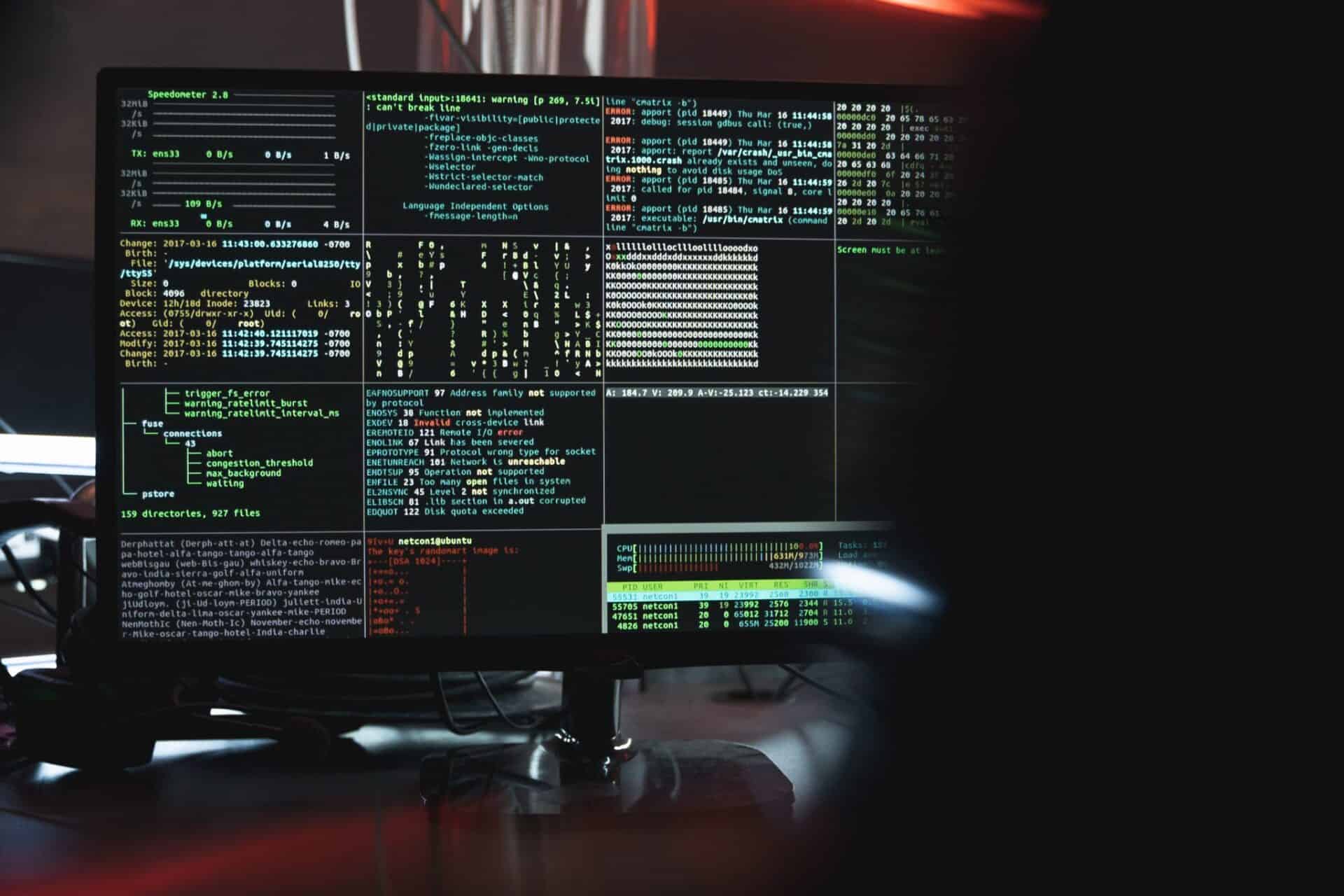Merriam-Webster defines the word “protect” as a verb which means ‘to cover or shield from exposure, injury, damage or destruction.’ Supplementary definitions include ‘to guard,’ ‘defend’ and ‘protect the goal.’ Everyone wants to protect their investments from being compromised in any way. This also applies to businesses. The cybersecurity industry is a booming one, thanks to the cybercriminals that are working overtime to create programs designed to steal or destroy a business’s data. This results in destroying the business or causing time-consuming and costly changes from which businesses will need to recover. According to statistics, cybersecurity threat levels are increasing (the rate at which they occurred was 424% in 2021). Further, 71% of attacks are against small businesses. As a result of these crimes, 60% of all small businesses will be out of business in six months.
Therefore, it is imperative that firms protect their businesses from needless exposure to the risks that are associated with cybersecurity attacks. Businesses can decrease their risk of exposure by taking the proper steps to protect their networks.
Fortunately, businesses can take measures to protect themselves. A proper defense includes multiple security layers that make it more difficult for computer networks and their components to be compromised. No single security layer can fully protect a business. Only a careful and deliberate selection of a wide range of security tools can provide the maximum amount of protection. Effective levels of security are used to diminish, interrupt or put a stop to threats. Multi-layered elements also increase the likelihood that malware will be identified and stopped before it successfully takes control of a network and all data on it.
Basic network security protection, at a minimum, consists of carefully selected and managed defensive measures. These can include firewalls, EDR (endpoint detection and response), antivirus protection, MFA (multi-factor authentication), password security and data back-ups:
- Firewalls are designed to keep the network, computer and data secure. They monitor attempts to gain access to operating systems and block unwanted incoming traffic and unrecognized sources.
- Patch management ensures that all devices are running operating systems that are patched regularly for the most recent threats. Critical security patches require re-boots to take effect, so servers must be re-booted on a regular basis to ensure that systems are fully patched.
- EDR software is a security solution that combines real-time continuous monitoring and collection of data with analysis capabilities.
- Nextgen antivirus software uses artificial intelligence and machine learning to helps identify and isolate malware before it adversely impacts your entire system. It can also take steps to remediate the damage if malware escapes initial detection and isolation. Traditional antivirus software is largely ineffective against today’s most dangerous malware.
- Use of MFA makes it harder for hackers to gain entry to networks, both in the cloud and in the office. Employees are required to provide additional information before obtaining access to the system.
- Maintaining secure data back-ups helps ensure that if a company experiences a ransomware attack, it will recover by having data back-ups of all critical systems.
Due to the projected increase in cyberattacks, the cybersecurity insurance industry is expected to grow. Businesses should consider leveraging insurance to reduce the risk of incurring potential losses as a result of a security breach. Cybersecurity insurance could help offset some of the financial losses. If a data breach were to occur, cybersecurity insurance often provides for engaging IT forensics companies to recover data, remove the threats, and assist with damage control.
One of the pertinent steps that must be taken in order to implement a robust disaster recovery plan is to know ahead of time which IT assets the company has and what data is stored on each. Next, the company should determine how frequently the data needs to be backed up. This will help minimize the amount of data that is lost during data recovery. Any data that is deemed as critical should be backed up more frequently. Companies can also save money by doing their own back-ups and choosing their own tools.
CMIT Solutions has a vast array of services to provide companies with the best defensive tools to ensure network security. Firewalls, multi-factor authentication, firmware upgrades and more are just a few methods used by CMIT Solutions to guard against cybersecurity attacks. Because CMIT currently has the aforementioned resources/processes in place, they are less expensive overall. Contact CMIT Solutions of South Nassau today to enhance your company’s network security!




